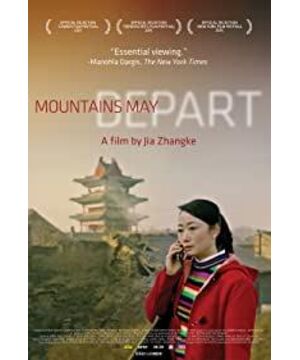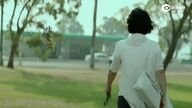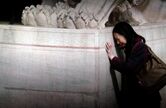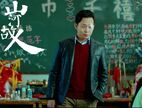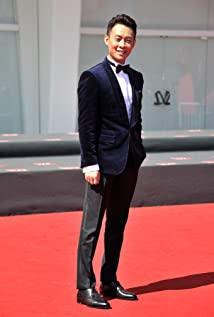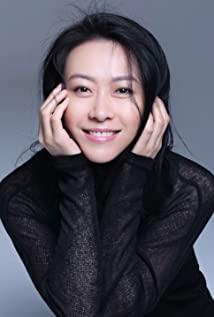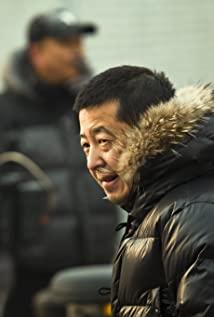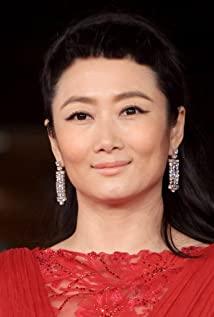The 45-year-old Jia Zhangke is still a diaosi at the box office, but he is an aristocrat at the film festival. "Any" film can be shortlisted for the core unit of the world's top film festivals, and he has an invisible green card in and out of Cannes, Venice and Berlin. This is the dream of some art directors who are struggling to break through, and they may not be able to realize it in their lifetime. Among the three major film festivals, Cannes is the highest. Fifth-generation directors such as Zhang Yimou and Chen Kaige were also guests at Cannes. When they embraced business, their green cards were "revoked". "House of Flying Daggers", "Return" and the like never entered the main competition unit again. . The mainland director who is closest to Cannes today is Jia Zhangke.
In addition to participating in the competition, Jia Zhangke also won the Golden Carriage Award in the "Director's Fortnight" unit. Chosen by the French Directors Guild, the award recognizes "pure cinematic genius" and has previously won directors such as Clint Eastwood, Jane Campion, David Cronenberg, Jim Jarmusch and more . In the eyes of the French and Cannes, Jia Zhangke is already equal to these shining names.
Let's take a look at "The Old Man of the Mountains and Rivers". The story is divided into three paragraphs, past, present and future, respectively 1999, 2014, and 2025. Jia Zhangke likes collage, but unlike Quentin Tarantino or Guy Ritchie, he is keen to use multi-clue, multi-plate narratives to create mazes and puzzle-solving thrills. His collages are collages and collages, or jigsaw puzzles, allowing the audience to see people, daily life and life, changes, times and China in contrast, juxtaposition, change, progression and overall picture.
"East" (documentary), 2006, is divided into two parts, painter Liu Xiaodong's painting experience in the Three Gorges in Chongqing and Thailand.
"The Good Man in Three Gorges", 2006, two stories of finding people, this is a by-product of the filming of "East". The unexpected inspiration prompted Jia Zhangke to make a feature film about the Three Gorges immigrants. Since then, Jia Zhangke has become addicted to collage and has not quit.
"Useless" (documentary), 2007, three episodes related to clothing, in Guangzhou, Paris and Fenyang.
"Twenty-Four Cities", 2008, combined reality and fiction, a few poems, a city, a real estate advertisement, and some characters into a movie.
"Sea Legend" (documentary), 2010, some old movie clips, 18 interviews with characters, a "spirit" (Zhao Tao).
"Doomsday", 2013, four violent stories.
Just like watching these movies, piecing together Jia Zhangke's films over the years shows that after he has acquired a skill, he takes the trouble to use it to the end. Like a product manager finding an operation strategy, like a businessman finding a way to make money, Jia Zhangke has been using jigsaw puzzles to express his artistic expression. However, this is only the surface and form. What makes Jia Zhangke become Jia Zhangke, and what makes Jia Zhangke's films so moving, is his patient refinement of daily life, decent and meaningful shots, and an attitude of neither praising nor looking down.
Adolescence, daily life and times have made Jia Zhangke's best works: "Xiao Wu", "Platform", "Ren Xiaoyao". When he runs out of his own experience and turns into others, society and history, his perspective remains everyday, dealing with others, society and times as he would with his own youth and nostalgia. Can't say he didn't cheat, but he maintained the utmost honesty in his work. Jia Zhangke can be regarded as the director who can best express China today, and he has an aesthetic style that complements each other.
Regarding Cannes in 2015, Taiwanese director Hou Hsiao-hsien and Japanese director Hirokazu Koreeda were also shortlisted for the main competition unit, with works "Assassin Nie Yinniang" and "Haijie Diary". Jia Zhangke regards Hou Hsiao-hsien as his spiritual mentor, and likes Hiro-eda’s films; Hiro-reed especially admires Hou Hsiao-hsien and admires Jia Zhangke very much. The three films have certain similarities in spiritual core and artistic pursuit, so they cherish each other. They meet in the same unit of the same film festival at the same time, which is a once-in-a-century scene. They met, just like watching the train together in "Platform", eating together in Hou Hsiao-hsien's movie, and greeting each other in the movie by Hiro Koreeda, as touching.
In those years, the Chinese-speaking director who participated in the film festival with Hou Hsiao-hsien, Yang Dechang, has passed away, and the fifth generation of collective transformation has now become Jia Zhangke. Success has many dimensions, and film festivals are not the only test of artistic quality, but if only measured at the box office, a movie would become a boring thing. With directors like Jia Zhangke and movies like "The Old Man of the Mountains and Rivers", the entire Chinese-language film world seems less desolate. Jia Zhangke and his films are the ultimate template for another successful study. [China Daily Network]
(Film Detoxification Room http://hd.baofeng.com/play/240/play-239240-drama-97.html )
View more about Mountains May Depart reviews


